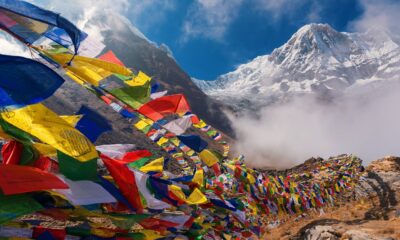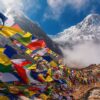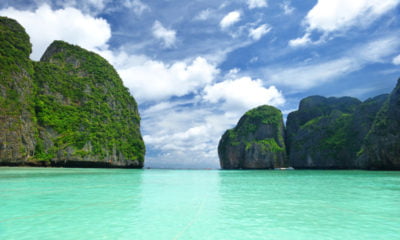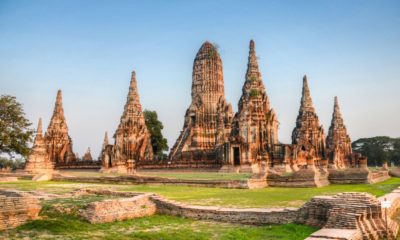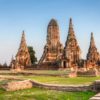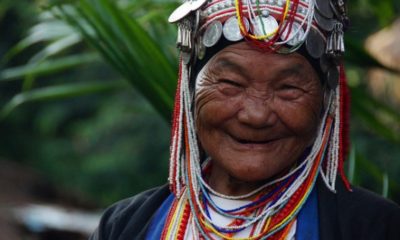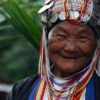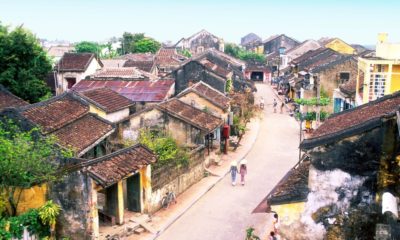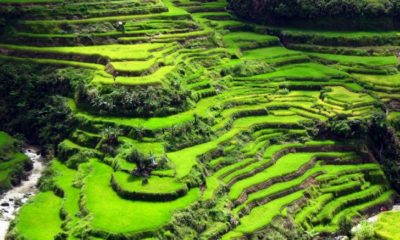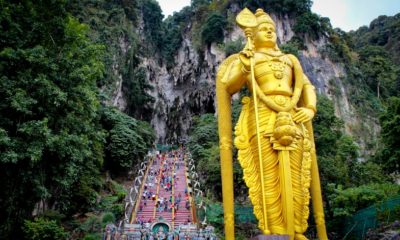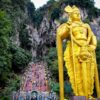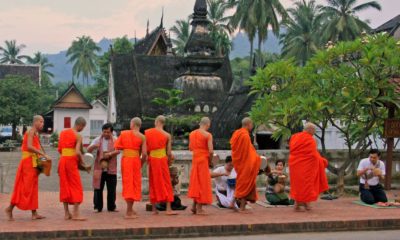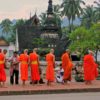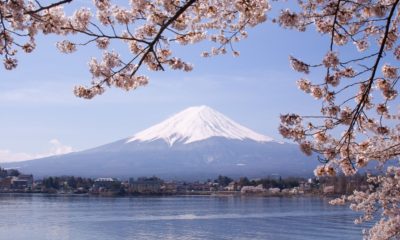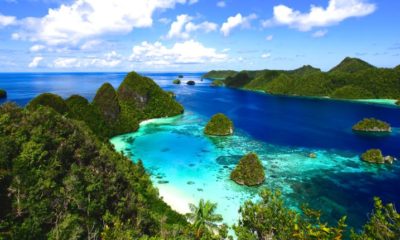Asia
Backpacking Hong Kong Need To Know
Basics
Language:
Currency:
| Dial Code:
International Access Code:
Emergency Services Number:
Time Difference:
|
Entry
Although Hong Kong is now part of the People’s Republic of China it remains a Special Administrative Region with its own immigration controls.
Citizens of most countries (including all EU countries, The US, Canada, Australia and New Zealand) do not need a visa for stays of 90 days or less. As a former British colony, British citizens can stay visa free for 180 days.
If you wish to enter Hong Kong from China, then re-enter mainland China, make sure you have a multiple-entry Chinese visa – leaving mainland China for Hong Kong is considered to be leaving China.
Your passport should be valid for the proposed duration of your stay. No additional period of validity beyond this is required.
For official information visit immd.gov.hk or your home government travel bureau.
Getting Around
More detail is to come in this section, but you can read about general advice regarding Getting Around When You Get There
Accommodation
Hong Kong has a wide variety of hostels and you should never have any problem finding one.
The average price of a hostel is 145-220 HKD (£12-£18) a night.
All hostels in Hong Kong will provide linen and bathroom facilities. Usually there will be internet facilities as well as a common area and laundry services.
Read more about Accommodation When You Get There and Living in Hostels
Recommended For Further Information
If it’s your first time to Asia and you are heading to multiple destinations, I highly recommend picking up a copy of Rough Guide’s; First-Time Asia. It provides the most relevant, up-to-date advice on what to see and skip, where to stay, and how to optimise your budget for an extended continental trip…

Food And Health
The standard of food safety and hygiene is good.
Tap water may or may not be safe to drink, so it is best to stick to bottled water.
Make sure you have adequate travel health insurance and accessible funds to cover the cost of any medical treatment abroad and repatriation.
Always contact your GP around 8 weeks before your trip to check whether you need any vaccinations or other preventive measures. Visit here for Recommended Vaccinations and read here for more about Travelling Health In General
Weather & Time To Go
Hong Kong has a sub-tropical climate. Between April and October it can get very hot and humid, and it is also the traditional typhoon season, therefore it is best not to visit at this time of year. At other times of the year Hong Kong is great to visit weather wise, with temperatures averaging between 18 and 24°C.
Communications
Internet and wifi is widespread and accessible in most hostels and hotels. International calling cards are also cheaply available.
Dangers And Considerations
The level of violent crime is very low but pick pocketing and other street crime can occur.
Protests are common, you should avoid all public gatherings and mass demonstrations, as they can sometimes turn violent.
Drink spiking is not uncommon – buy your own drinks and keep them within sight at all times.
Don’t become involved with illegal drugs of any kind. Possession of these drugs can lead to imprisonment.
If you are travelling to mainland China via Hong Kong you must get a Chinese visa before arrival at the border.
Dangers constantly change. Always check with your foreign office (British Foreign Office webpage) or travel advice bureau for the latest information regarding your destinations safety.
Read more about Safety And Security here
Respecting Culture
It is best to avoid subjects of politics and cultural differences between mainland China.
There are on the spot fines for littering and spitting.



